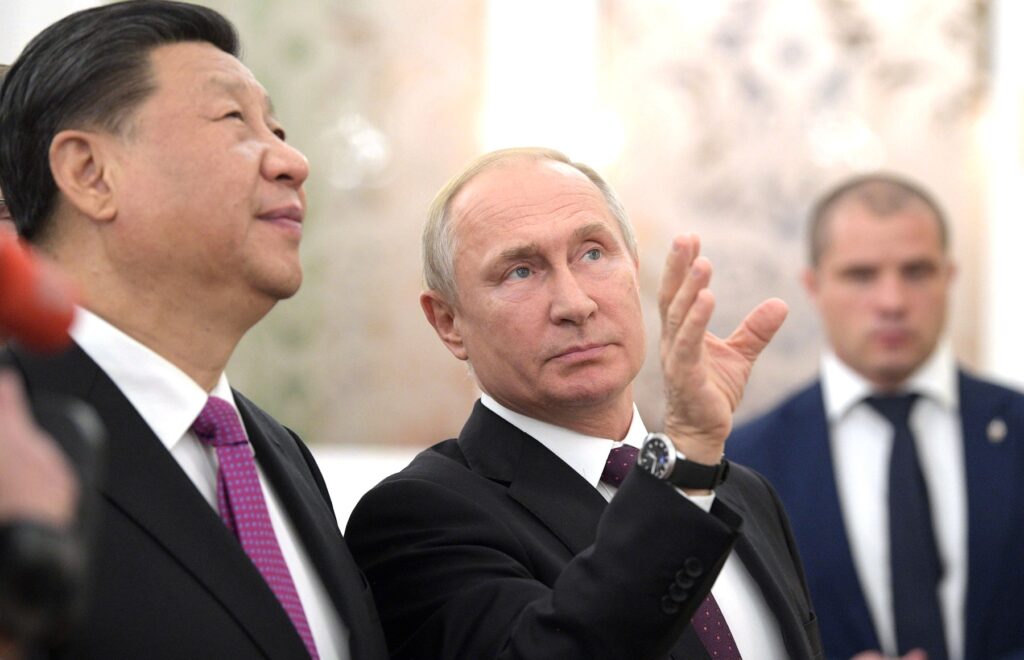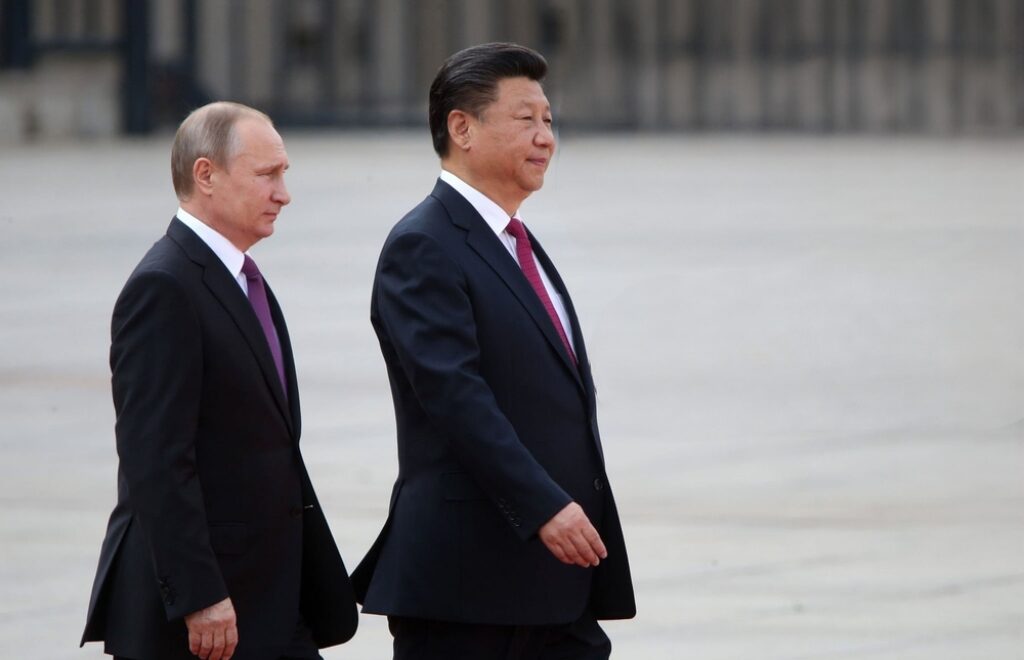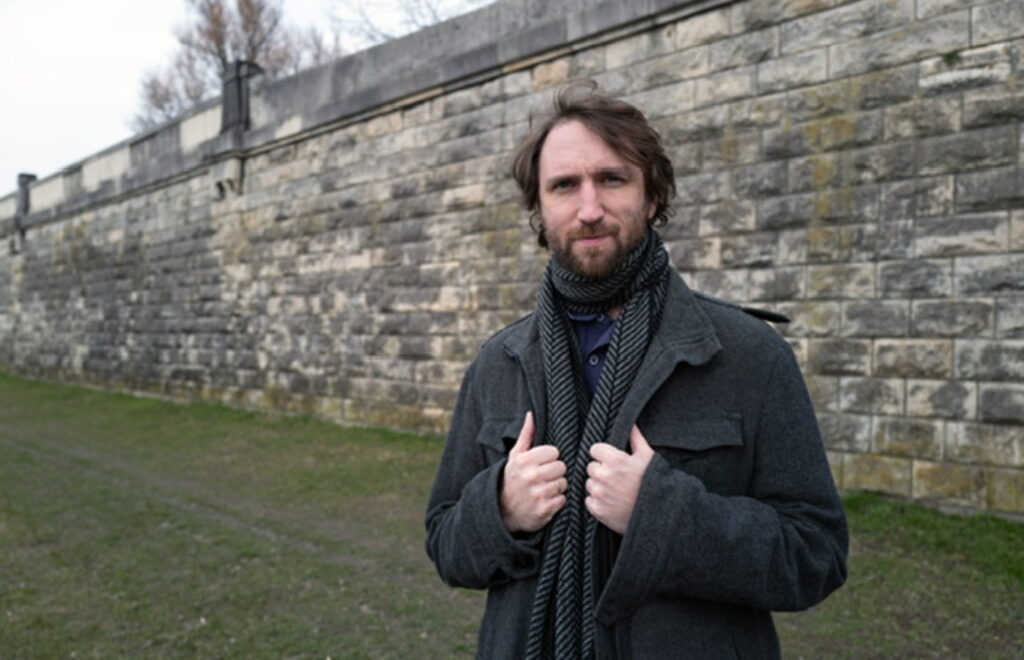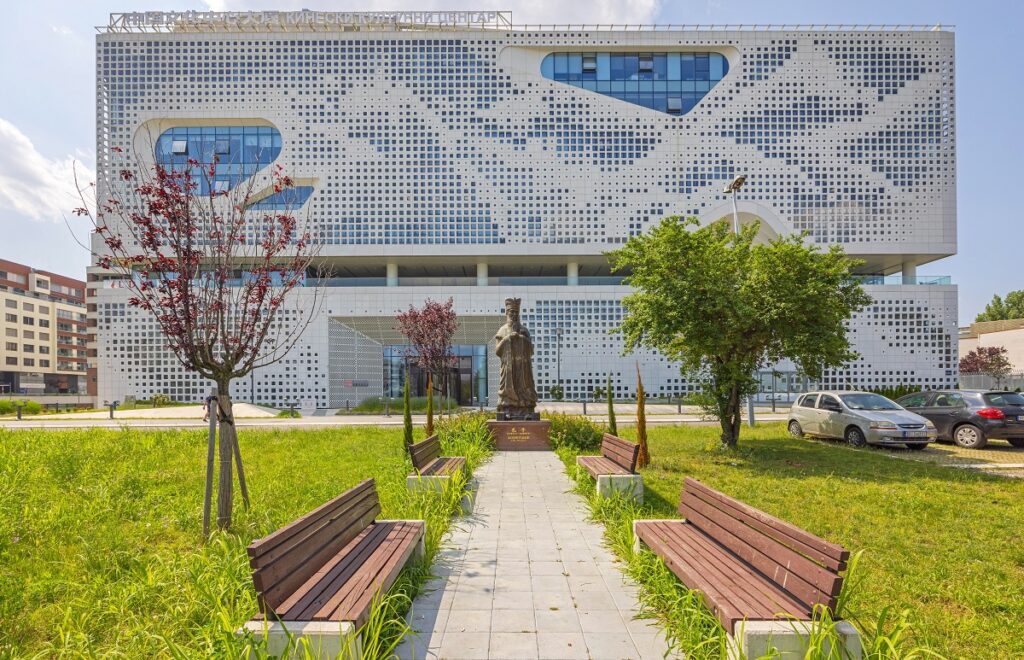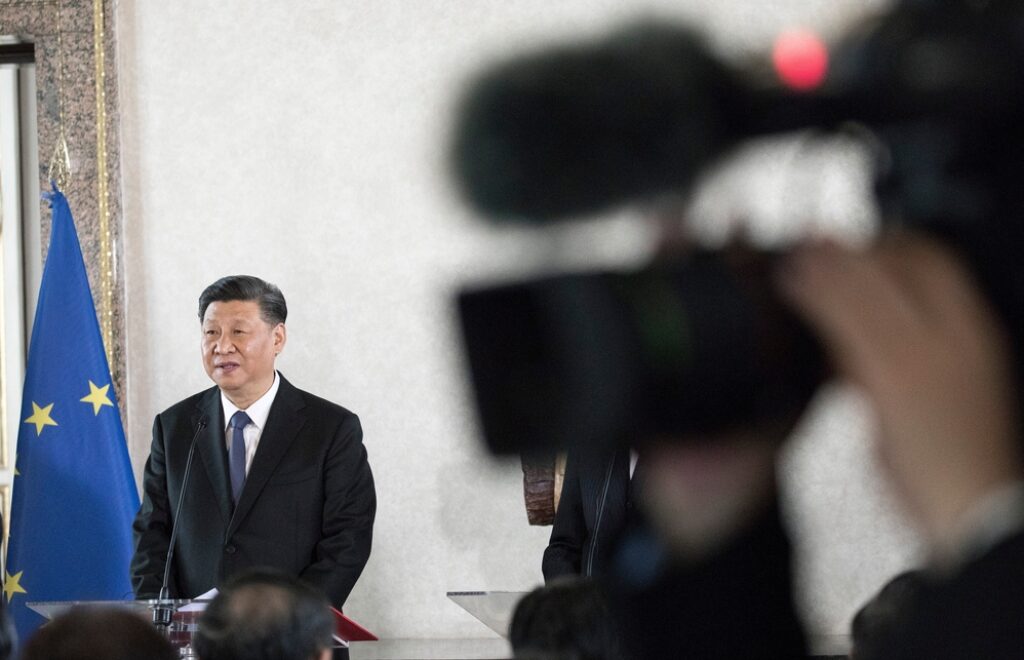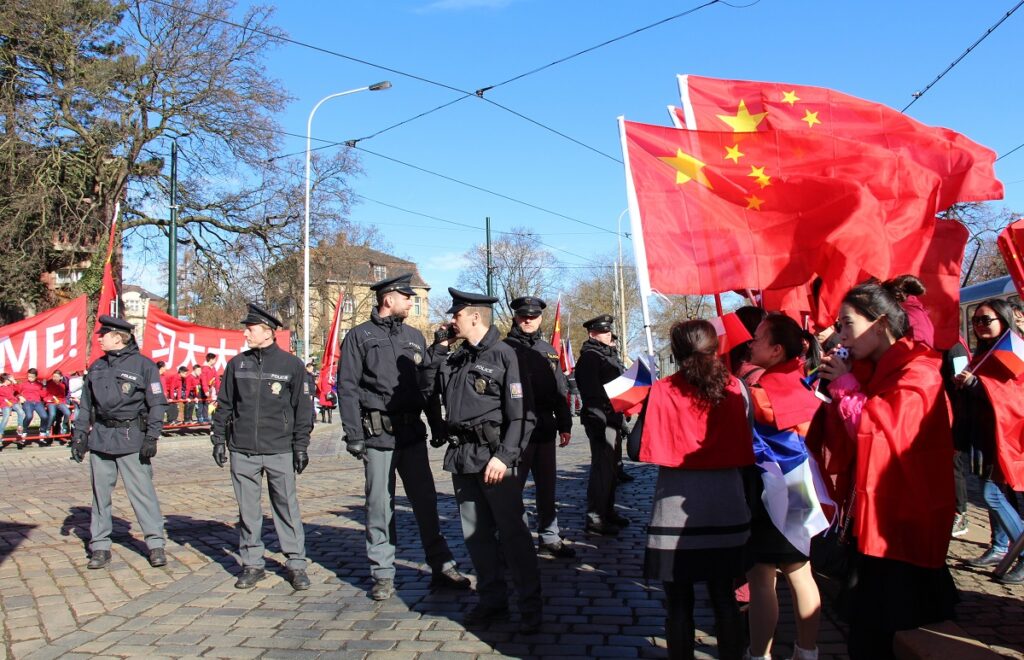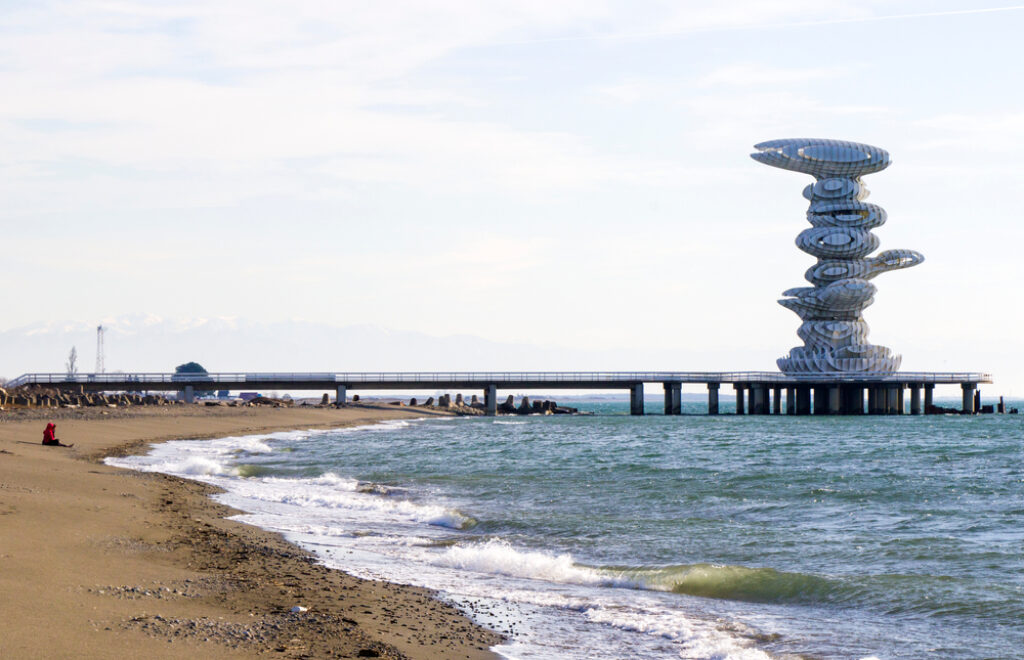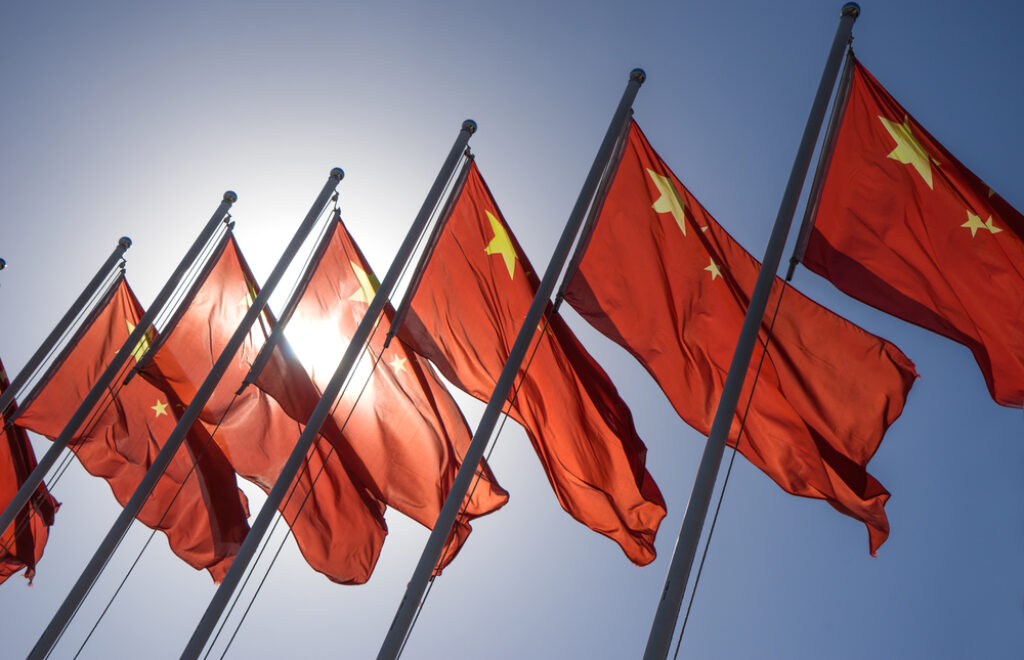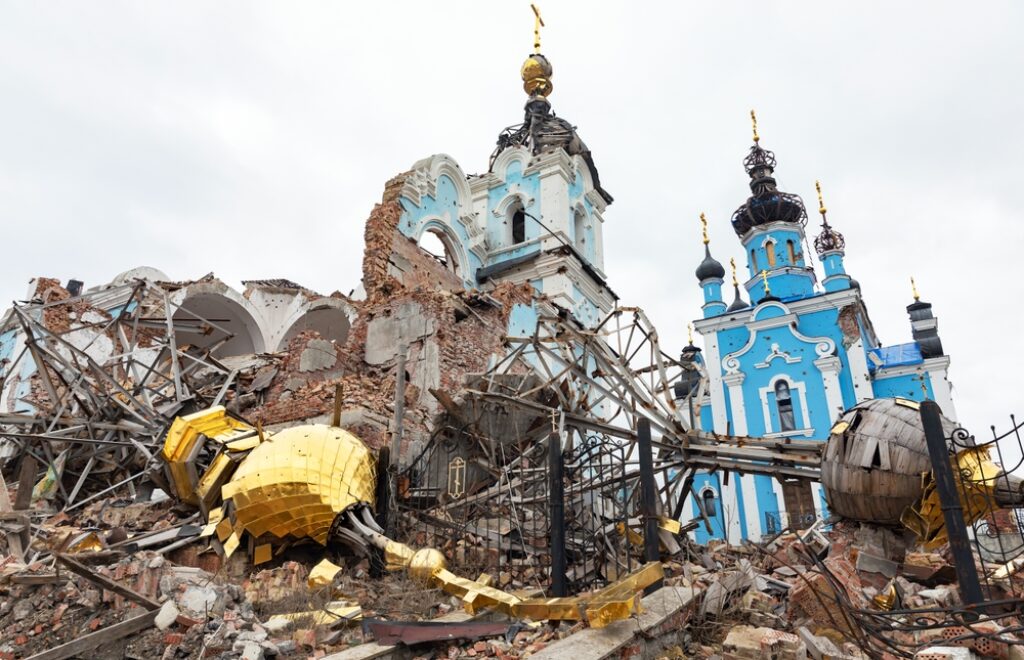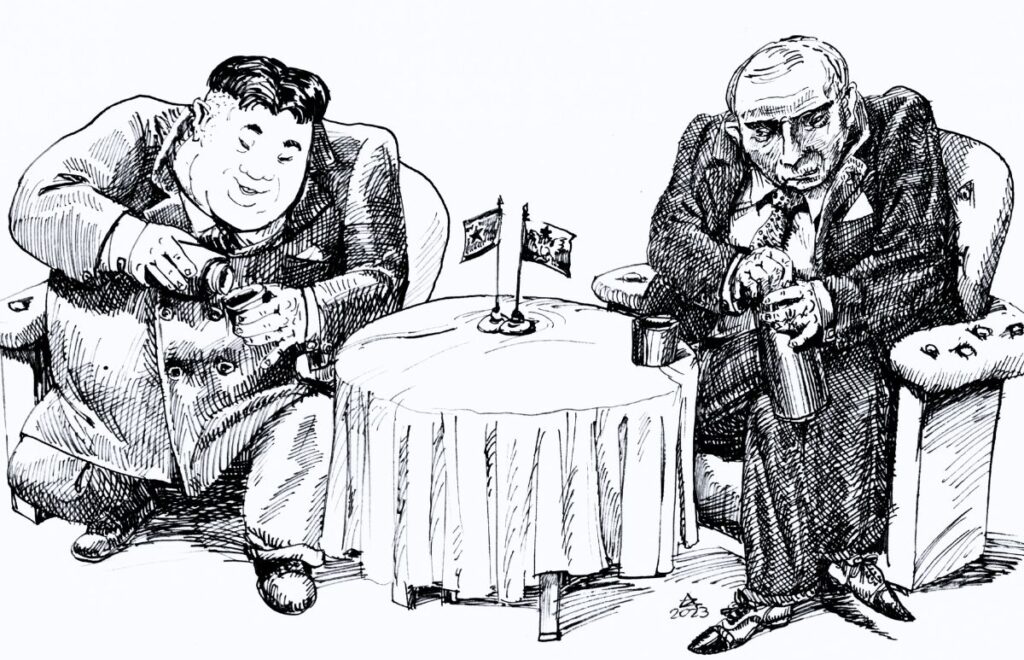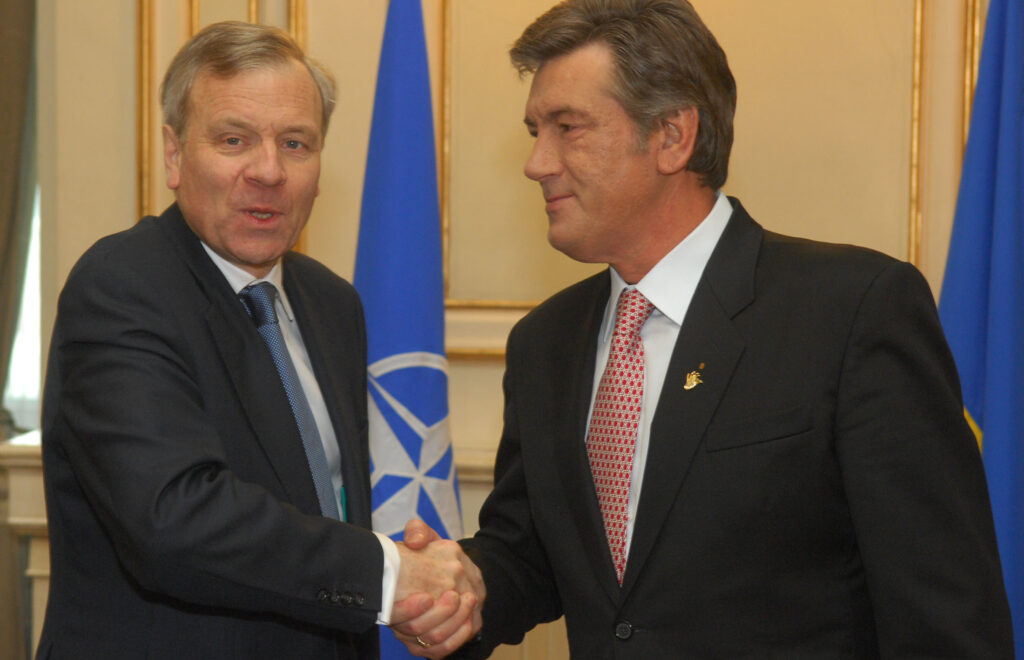China and Russia: a strategic partnership with many limits
In his September visit to Stockholm, the Republican chairman of the US House Foreign Affairs Committee, Representative Michael McCaul, warned that the strengthening relationship between Russia and China was the most significant “threat to Europe and the Pacific … since World War II”. This viewpoint, as sensationalist as it appears, has some merit. Both China and Russia are nuclear-armed, both can paralyse the United Nations Security Council with their veto powers, both have in the last decade become more authoritarian at home, and both have engaged in a variety of malign activities that damage democracy abroad.
November 20, 2023 - Alexander Lanoszka


